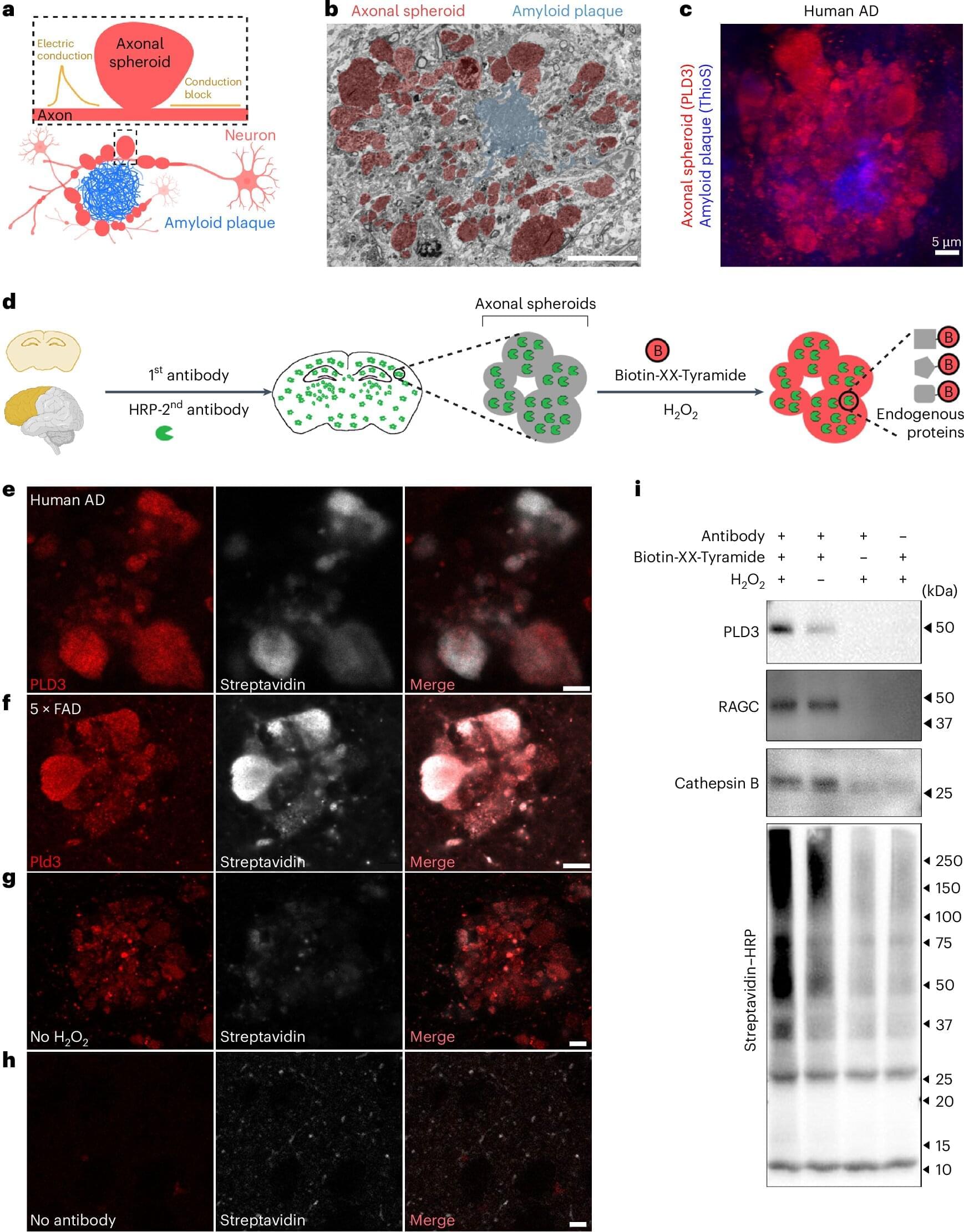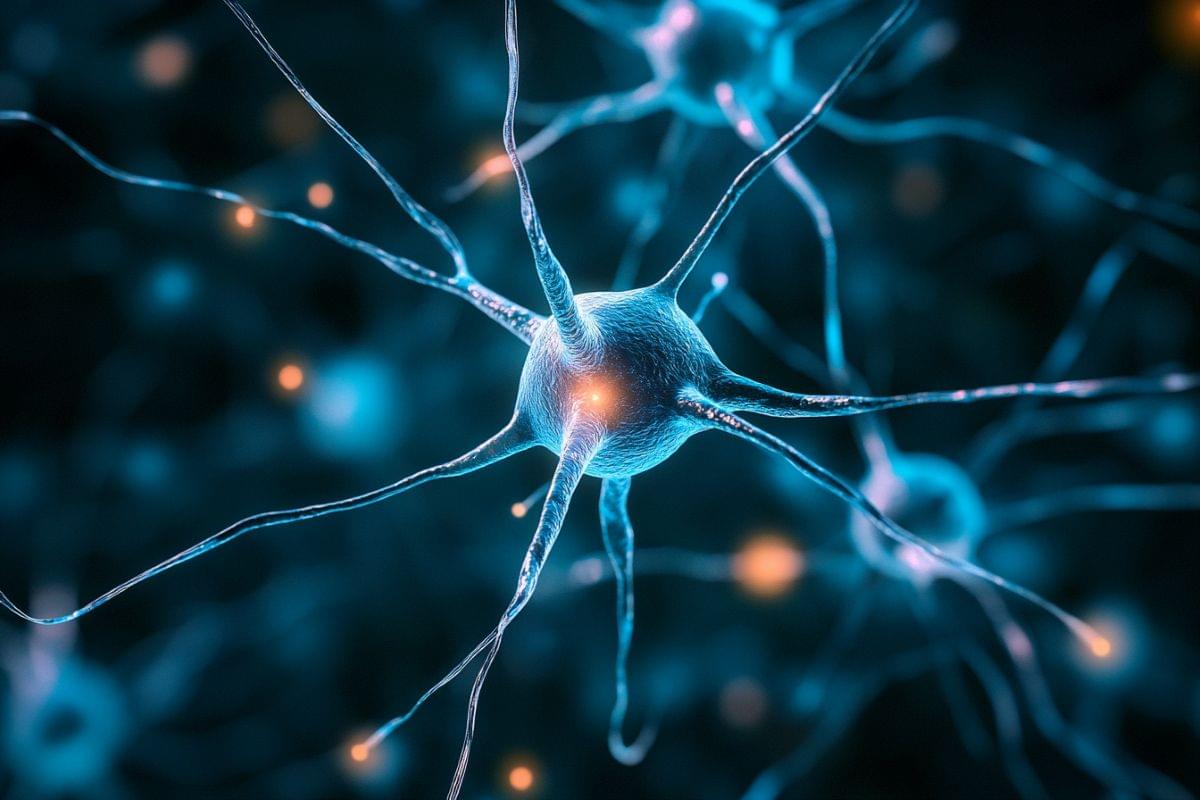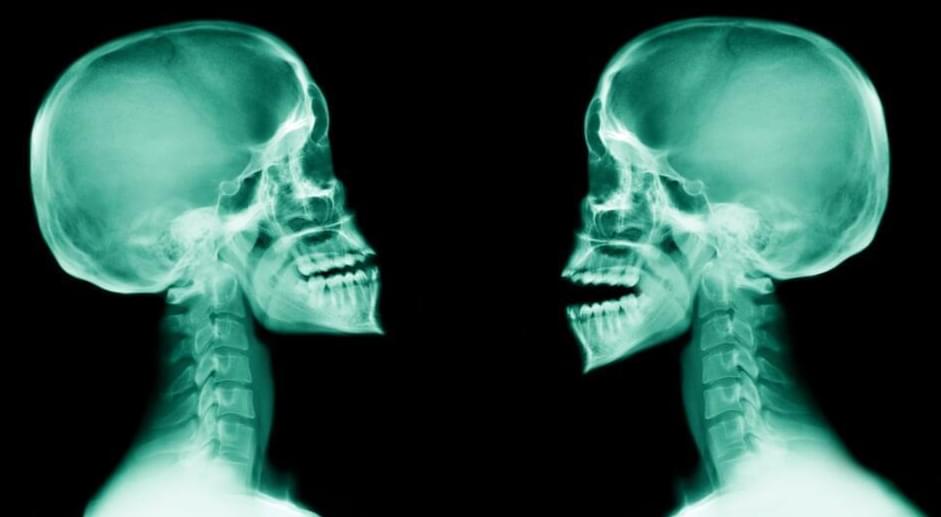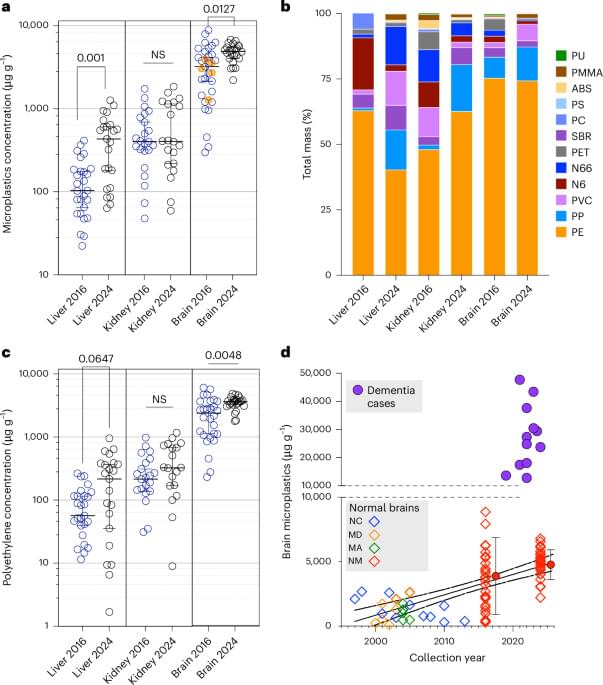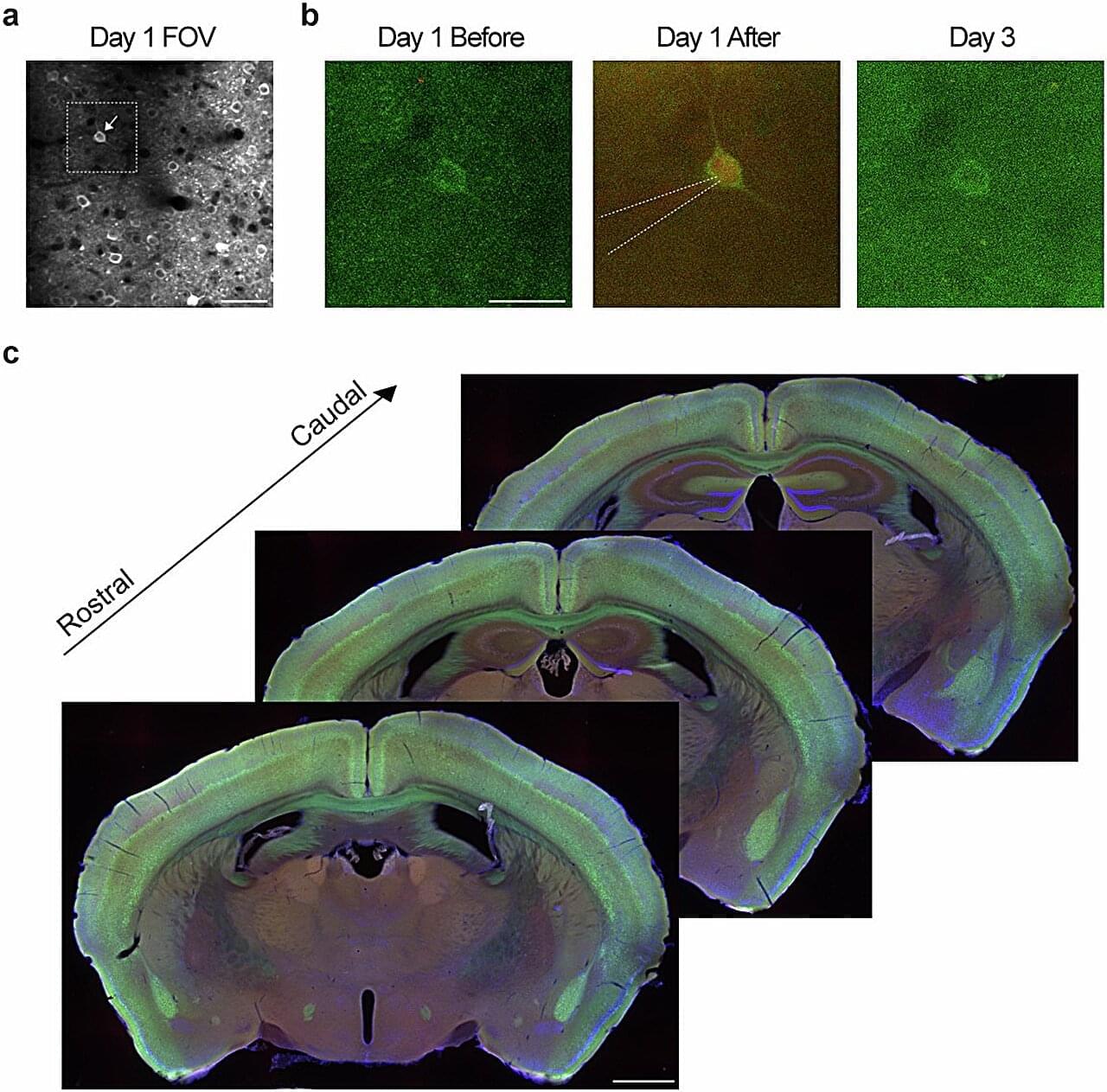Mind Control: Past and Future https://www.hks.harvard.edu/sites/default/files/2025-01/24_Meier_02.pdf
On Jan. 28, 2024, Noland Arbaugh became the first person to receive a brain chip implant from Neuralink, the neurotechnology company owned by Elon Musk. The implant seemed to work: Arbaugh, who is paralyzed, learned to control a computer mouse with his mind and even to play online chess.
The device is part of a class of therapeutics, brain-computer interfaces (BCIs), that show promise for helping people with disabilities control prosthetic limbs, operate a computer, or translate their thoughts directly into speech. Current use of the technology is limited, but with millions of global cases of spinal cord injuries, strokes, and other conditions, some estimates put the market for BCIs at around $400 billion in the U.S. alone.
A new discussion paper from the Carr Center for Human Rights welcomes the potential benefits but offers a note of caution drawn from the past, detailing unsettling parallels between an era of new therapies and one of America’s darkest chapters: experiments into psychological manipulation and mind control.

